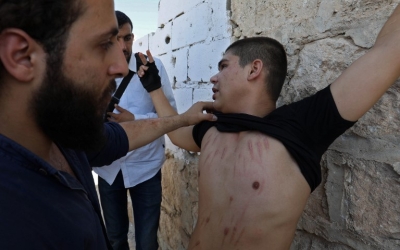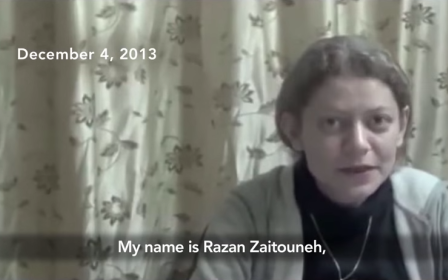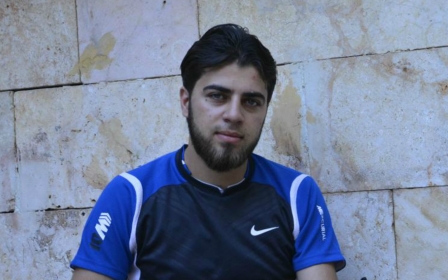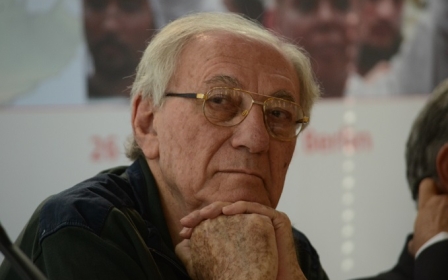'Like killing them again': Syrians fear history lost as Twitter plans account purge
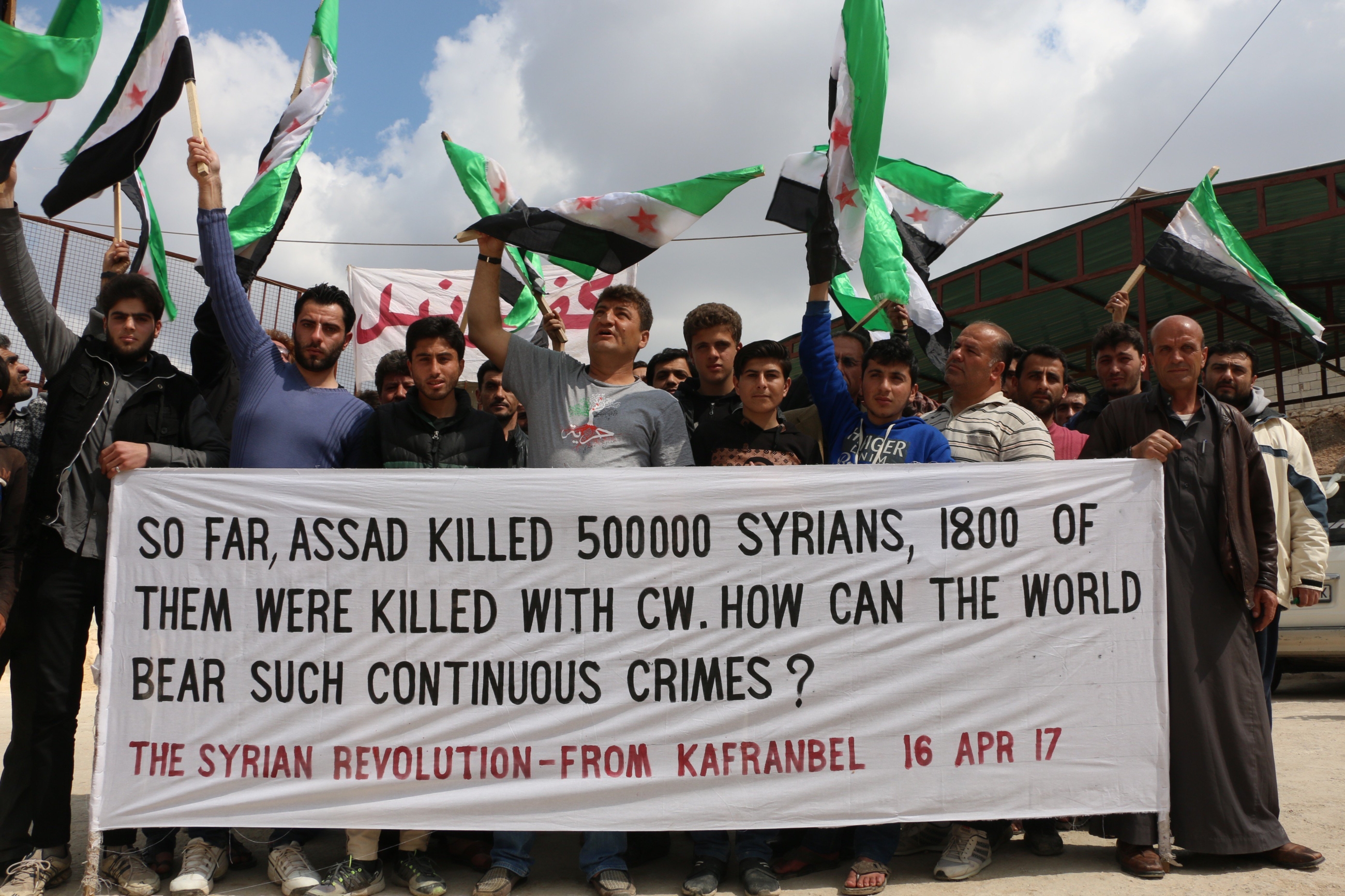
The digital traces of the Syrian uprising, uploaded in real time as protests grew against President Bashar al-Assad in 2011, are at risk of being deleted by social media companies, Syrian campaigners are warning.
Last week Twitter said it will begin deleting accounts that have been inactive for more than six months, which will likely impact hundreds of accounts of those killed, detained or disappeared in the conflict, say founders of a Syria digital archive of the war.
"There’s an untold number of Twitter users who have published content related to Syria who have been forcibly disappeared or killed or no longer have access to their accounts," Syrian Archive's co-founder Hadi al-Khatib told Middle East Eye.
"Deleting their accounts could deal a significant blow to the Syrian memory as well as deprive us of vital evidence for use in justice and accountability processes."
Twitter's decision prompted the Syrian-led initiative to forage for the history at risk on the accounts of the imprisoned, dead and disappeared.
New MEE newsletter: Jerusalem Dispatch
Sign up to get the latest insights and analysis on Israel-Palestine, alongside Turkey Unpacked and other MEE newsletters
Activist Razan Zaitouneh posts about the situation in rural Damascus. Her Twitter account has been inactive since she disappeared in 2013
"Countless Syrians have died with a camera in their hand or been detained for documenting human rights violations. We believe it’s our duty to preserve this evidence that has been collected."
Twitter had initially planned to start deleting accounts from 11 December but has halted its plans after concerns were raised, saying it will consider how to memorialise the accounts of people who have died.
Khatib said this might not cover all cases regarding inactive users, especially those who have been imprisoned, disappeared or for other reasons no longer have access to the internet.
"Thinking that Razan Zaitooneh and Raed Alfares’s accounts will be deleted it seems like killing them again," Syrian journalist Zaina Erhaim told MEE.
Zaitouneh disappeared in 2013, and many fear she was killed, and journalist Fares was killed in 2018.
"What message [is] deleting [the accounts] giving to all the human rights defenders and their families? I can see the human rights abusers, dictators and regimes celebrating this action," Erhaim said.
"Being forgotten as if they haven't ever existed is exactly what criminals and suppressors want and Twitter is helping out."
Evidence for the future
Twitter's decision is not the first time a social media company has faced opposition for a policy that could erase valuable documentation of the Syrian war.
In 2017, YouTube was criticised for mass deletions of footage uploaded by activists caused by its implementation of an algorithm that had been built to flag content from or relating to the Islamic State (IS) group.
Activists and analysts complain that these steps taken by social media companies risk erasing important documentation that could be used in the future for Syrians seeking justice.
"Losing those accounts means eliminating the personal experiences of individuals who were part of those events," said Eliot Higgins, founder of Bellingcat, a group of researchers that uses open-source content for investigations.
"It's difficult to judge the value of some of these accounts in the moment, and it can be much later when the relevance of the details they're sharing is understood."
Khatib said the images and information posted on accounts that are now inactive are "crucial information for documenting human rights violations and pursuing justice and accountability.
"They can help construct a digital memory of what happened in Syria so that future generations may have access to it and so that it can be used as part of transitional justice processes," Khatib said.
"Furthermore, archived documentation allows for the telling of untold stories through amplifying the voices of witnesses, victims and others who risked their lives to capture and document human rights violations."
This article is available in French on Middle East Eye French edition.
Middle East Eye delivers independent and unrivalled coverage and analysis of the Middle East, North Africa and beyond. To learn more about republishing this content and the associated fees, please fill out this form. More about MEE can be found here.


